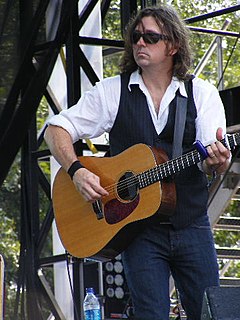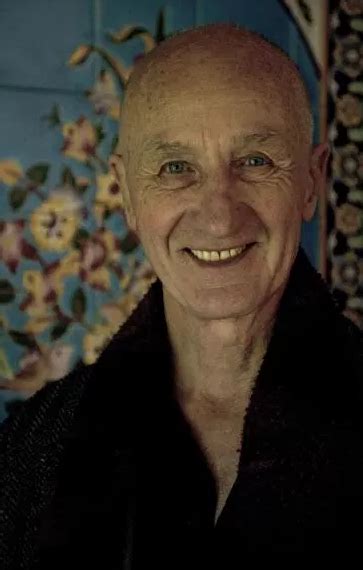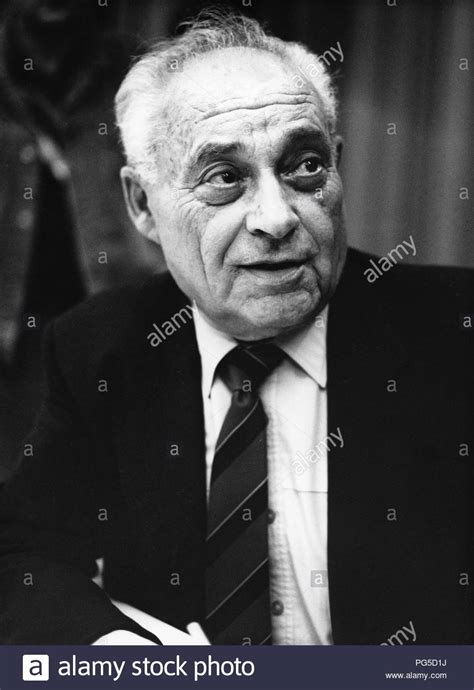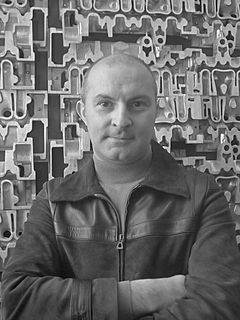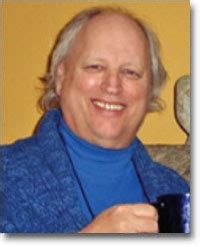A Quote by Manu Joseph
Related Quotes
Meditate or spend silent time in nature with your partner. When going for a walk or sitting in the car or at home, become comfortable with being in stillness together. Stillness cannot and need not be created. Just be receptive to the stillness that is already there, but is usually obscured by mental noise.
I feel that I need to return to the pure stillness periodically. And then, when the teaching happens, just allow it to arise out of the stillness. So the teaching and stillness are very closely connected. The teaching arises out of the stillness. But when I'm alone, there's only the stillness, and that is my favorite place.
I'm still willing to continue living with the burden of this memory. Even though this is a painful memory, even though this memory makes my heart ache. Sometimes I almost want to ask God to let me forget this memory. But as long as I try to be strong and not run away, doing my best, there will finally be someday...there will be finally be someday I can overcome this painful memory. I believe I can. I believe I can do it. There is no memory that can be forgotten, there is not that kind of memory. Always in my heart.
I love Nashville, but I miss the Gulf Coast, the wetlands, and the Delta of Lower Alabama every day. Magnolia Springs is a sweet little town in reality, but, in my heart, it is a kind of mythological oasis. I relive the memory every time I cross the Magnolia River. My memory is probably not accurate, but it's a wonderful memory. So Magnolia Springs lives in my heart as a beautiful, cool, watery place.
Time doesn't exist. It doesn't exist in any way. It's more subjective than real. Time doesn't exist. I believe in memory. Memory is the real inspiration. Memory creates time. Memory is pure power. Pure power and pure strength, and pure utilization of space and time (if time is something we can really ever label). But I don't believe in time itself.
Let us labor for an inward stillness-- An inward stillness and an inward healing. That perfect silence where the lips and heart Are still, and we no longer entertain Our own imperfect thoughts and vain opinions, But God alone speaks to us and we wait In singleness of heart that we may know His will, and in the silence of our spirits, That we may do His will and do that only
Advent's intention is to awaken the most profound and basic emotional memory within us, namely, the memory of the God who became a child. This is a healing memory; it brings hope. The purpose of the Church's year is continually to rehearse her great history of memories, to awaken the heart's memory so that it can discern the star of hope.
Memory is therefore, neither Perception nor Conception, but a state or affection of one of these, conditioned by lapse of time. As already observed, there is no such thing as memory of the present while present, for the present is object only of perception, and the future, of expectation, but the object of memory is the past. All memory, therefore, implies a time elapsed; consequently only those animals which perceive time remember, and the organ whereby they perceive time is also that whereby they remember.
The seeker after stillness should be told that the stillness is always there. Indeed it is in every man. But he has to learn, first, to let it in and, second, how to do so. The first beginning of this is to remember. The second is to recognize the inward pull. For the rest, the stillness itself will guide and lead him to itself.




